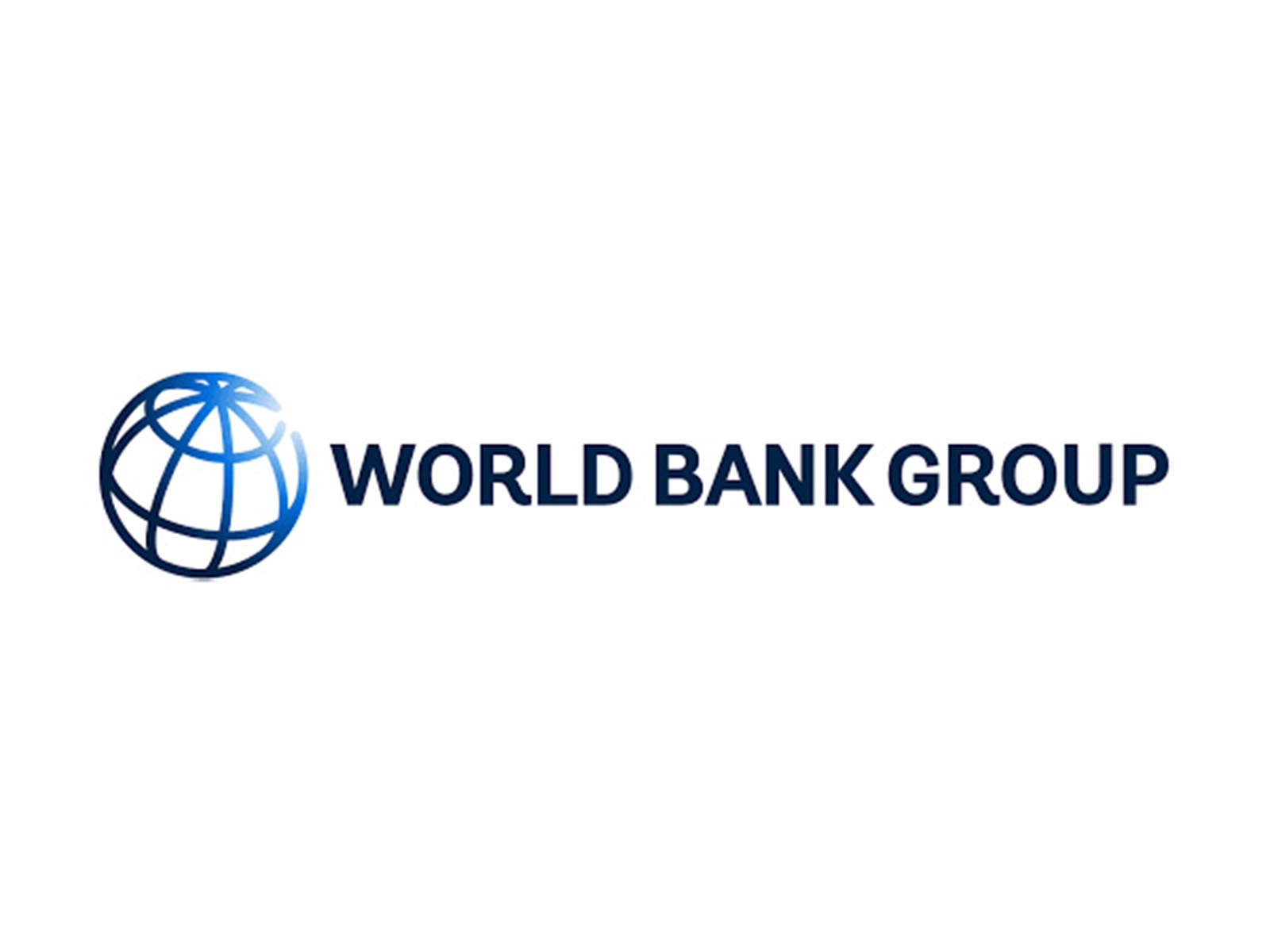World Bank Report Warns: Pakistan's Poverty on the Rise Amid Economic Strain
A World Bank report highlights Pakistan's growing poverty and inequality, worsened by poor reforms and external shocks like COVID-19 and floods. Urgent reforms are needed to safeguard past poverty reduction gains and tackle human development gaps, as millions fall back into poverty.

- Country:
- Pakistan
The World Bank Group has raised concerns about Pakistan's escalating poverty and increasing inequality, as detailed in its new report, "Reclaiming Momentum Towards Prosperity: Pakistan's Poverty, Equity and Resilience Assessment." This report, the first major evaluation of poverty in Pakistan in over twenty years, reveals an economy struggling with lackluster reforms, diminished productivity, and an unsustainable growth model reliant on consumption.
According to the report, after a significant decline from 64.3% in 2001-02 to 21.9% in 2018-19, Pakistan's poverty rate has begun to rise again from 2020. The resurgence is blamed on overlapping crises such as the COVID-19 pandemic, inflation, catastrophic floods, and fiscal mismanagement. These challenges, compounded by structural inefficiencies, have effectively undone years of progress, thrusting millions back into poverty, the study warns.
Bolormaa Amgaabazar, the World Bank Group's Country Director for Pakistan, stressed the need for immediate, people-focused reforms. "Preserving Pakistan's hard-won achievements in poverty reduction, while fostering job creation and increasing opportunities, particularly for women and youth, should be a national priority," she emphasized. Using 25 years of official data and advanced modeling, the report shows that although growth in non-agricultural employment previously lifted many out of poverty, the stagnation in industrial diversification and job creation now hampers income growth. An overwhelming 85% of Pakistan's workforce remains caught in informal employment, with women and youth largely excluded from productive sectors.
The report also underscores worrying disparities in human development: 40% of children experience stunted growth, a quarter of primary school-aged children do not attend school, and 75% of those enrolled cannot read a simple story. Additionally, only half of households have access to safe drinking water, and nearly a third lack adequate sanitation facilities. Emphasizing the entrenched rural-urban divide and the rise of non-productive urban clusters, the report calls for comprehensive reforms. It suggests four recovery paths: investing in human capital and public services, reinforcing social safety nets, advancing progressive fiscal policies, and enhancing data-driven governance to achieve sustainable and inclusive growth. Despite receiving over USD 48 billion in assistance since joining the World Bank Group in 1950, Pakistan's economic course remains fragile and resistant to reform.
ALSO READ
-
India's Concerns Over Pakistan's Nuclear Activities
-
Quinton de Kock Poised to Make History Against Pakistan in ODI Series Finale
-
Two More Convicted in Visakhapatnam Espionage Case Tied to Pakistan
-
Pakistan and Azerbaijan: Rekindling Diplomatic Ties
-
India Calls Out Pakistan's 'Clandestine' Nuclear Activities Amid Trump's Testing Plans









